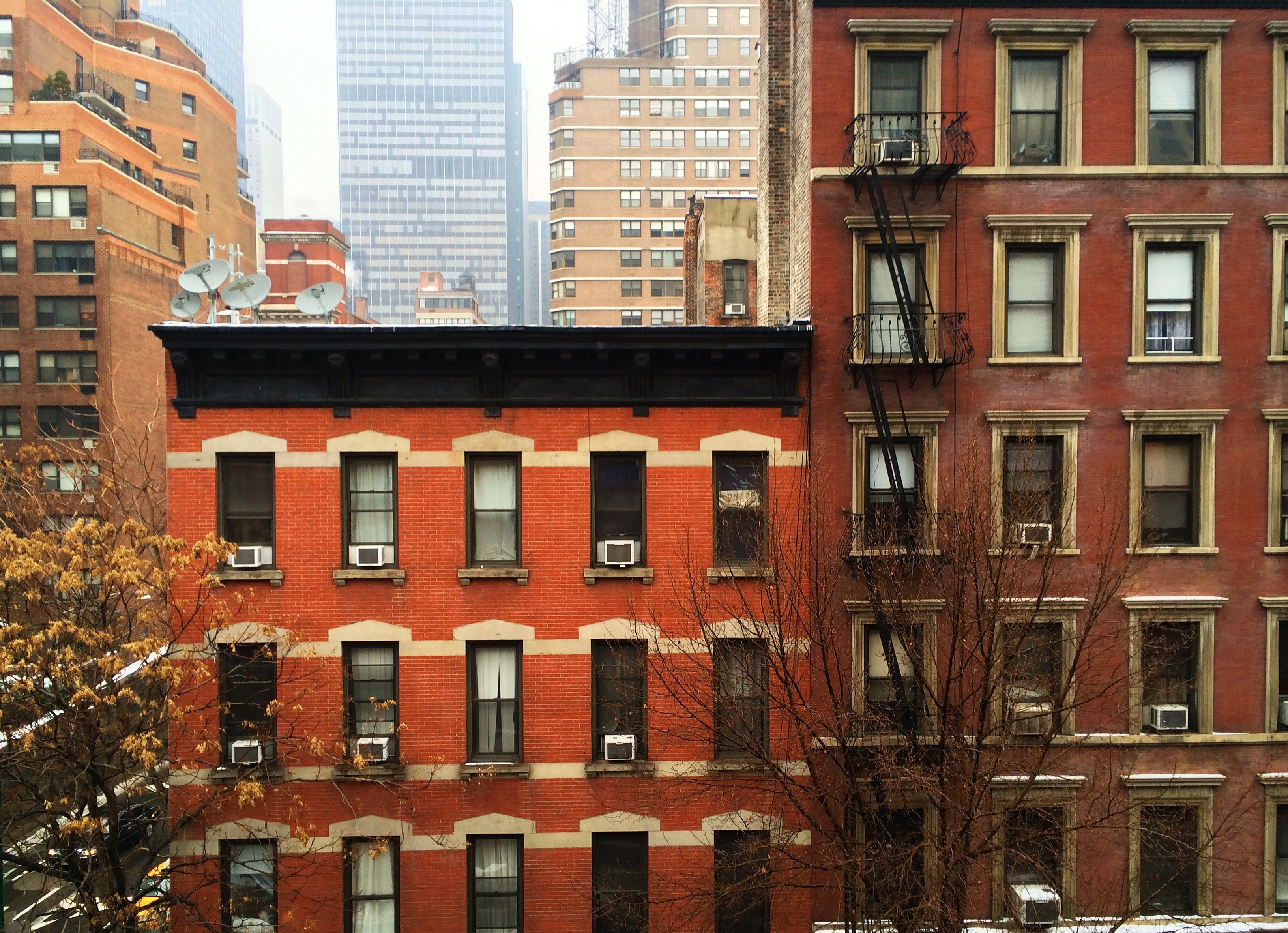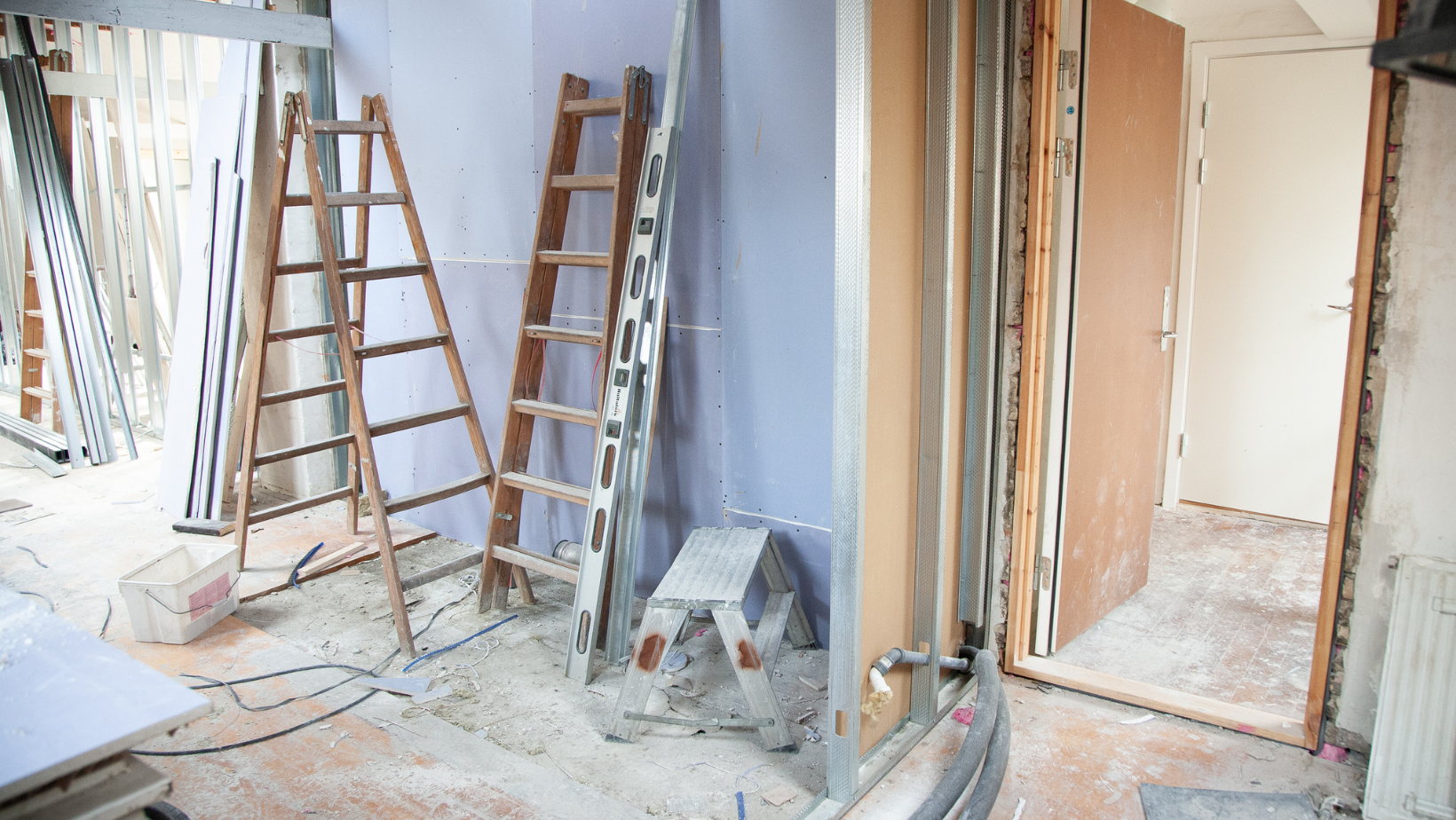New Federal Legislation to Increase Inclusionary Zoning

Posted by Kevin McKenna

Many cities across the United States are facing an affordable housing crisis. In response, steps are being taken in some parts of the country to use inclusionary zoning to require or stimulate the construction of housing for low- and middle-income households whenever new developments are being built. These efforts are usually at the local level. However, now there is an attempt to mandate inclusionary zoning at the federal level. This summer, New Jersey Senator Cory Booker introduced Senate Bill 3342. The legislation contains inclusive zoning requirements for federally funded projects in order to encourage more affordable housing as well as reduce discrimination resulting from exclusionary zoning practices.
 Picture by Paul Nylund
Picture by Paul Nylund
Local Inclusionary Zoning
We have previously written about municipal endeavors across the country to change zoning requirements to increase the construction of affordable housing. In 2016, New York City adopted major zoning changes, in part, to encourage affordable housing development. The new zoning requirements allow for higher maximum heights, increases in floor area ratios, and elimination of certain on-site parking requirements.
San Francisco in 2017 adopted several density bonus programs to create more affordable housing. The same year, Chicago took additional steps to improve the city’s inclusionary zoning requirements, and California adopted a package of laws to increase affordable housing, including several laws that prevent local communities from using zoning to exclude affordable housing. Senate Bill 3342 would increase inclusionary zoning across the country.
Requirements of New Federal Bill to Promote Inclusionary Zoning
Senate Bill 3342, named the Housing, Opportunity, Mobility, and Equity Act of 2018, was introduced on August 1, 2018, and was referred to the Committee on Finance. The bill amends Section 104 of the Housing and Community Development Act of 1974 (Act).
The Act authorizes the United States Department of Housing and Urban Development to provide community grants to help develop needed housing based on a variety of factors, known as the Community Development Block Grant Program (CDBG). The grants are made to states, local governments, and Indian tribes and provide resources to address community development needs. The Act states that at least 70 percent of the federal funds must be used to benefit low- and moderate-income persons. Section 104 of the Act sets forth the qualifications and review process for awarding grants.
In order to increase the availability of affordable housing, Senate Bill 3342 requires those receiving grants under the Act to provide as part of their plan submission: “a strategy to support new inclusive zoning policies, programs, or regulatory initiatives that create a more affordable, elastic, and diverse housing supply and thereby increase economic growth and access to jobs and housing.” The grantee must also provide updates on the strategy and its implementation as part of the required annual performance report.
The grantee, in order to foster more affordable housing, will adopt when policies such as high-density zoning, no requirement for garages and other off-street parking, density bonuses, more efficient permitting, eliminating height restrictions, removal of discretionary approval for certain projects (developed by right), property tax abatement, and less restrictive lot sizes. These are concepts introduced with greater frequency in recent years in local zoning laws designed to stimulate the development of affordable housing.
Senate Bill 3342 has a number of other important policy recommendations to encourage inclusive land use such as the donation of vacant land to nonprofits, development taxes, and value capture strategies. Additionally, the bill state that the new units “to the maximum extent practicable” should be designated as affordable housing for at least 30 years and represent at least 20 percent of a community’s new housing.
Other Senate Bill 3342 Provisions
Senate Bill 3342 also amends the Internal Revenue Code to create a tax credit for eligible individuals paying more than 30 percent of their adjusted gross income as rent. Additionally, the bill allows renters to defer payment of 20 percent of the tax credit to a “Rainy Day Fund” where the credit will accrue interest and may be withdrawn at a later date to make necessary payments.
Although Senate Bill 3342 may not be adopted, it will encourage further discussion and potential bipartisan efforts at the federal level to support inclusionary zoning.





